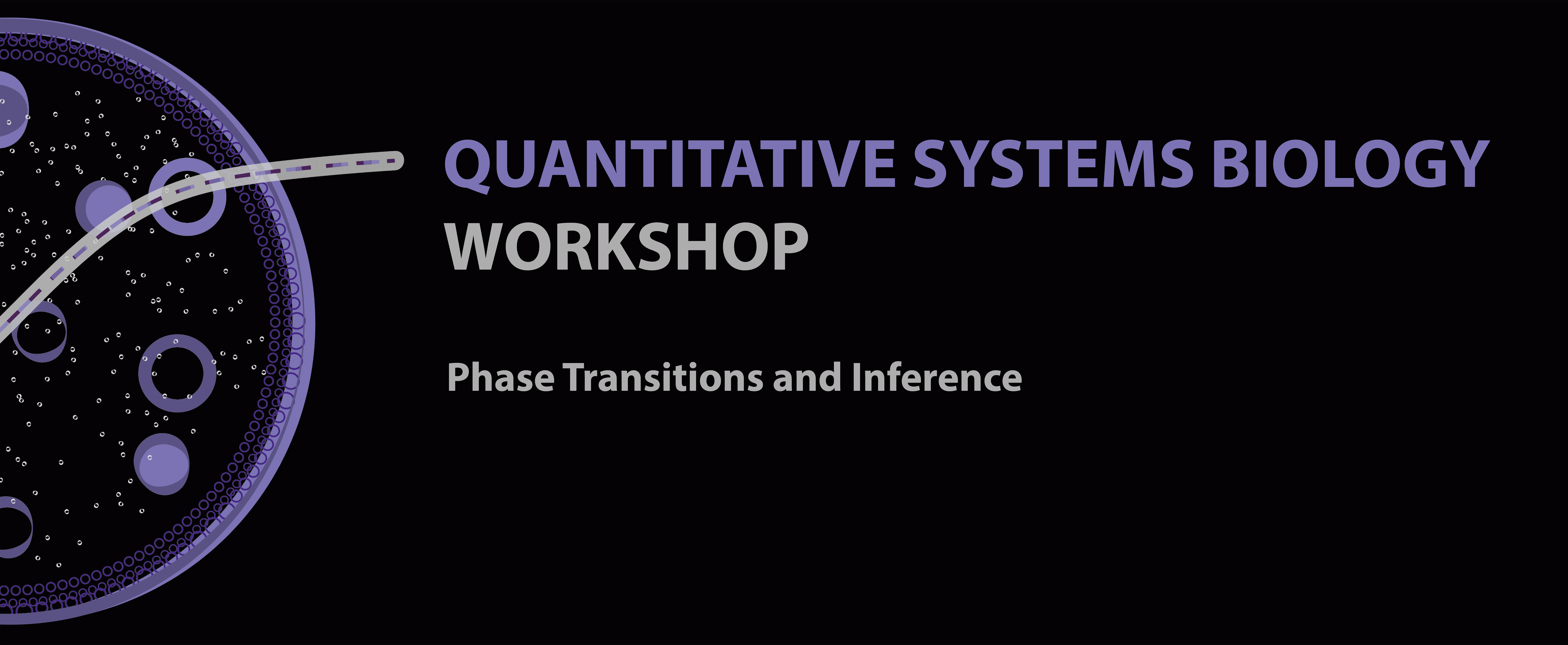QSB Workshop | Posters | Friday 18th October
Student Networking | Talks | Friday 18th October
A student-led workshop on Quantitative Systems Biology, in the heart of London,
supported by the
Centre for Cross-Dsiciplinary Approaches to Non-equilibrium Systems, proudly sponsored by
The Francis Crick Institute,
Overleaf and Mendeley.
We have had two successful editions of the QSB workshop in 2017
and in 2018.
We hope you will enjoy invited talks given by speakers from the UK and Europe, posters,
as well as the scientific networking event for young researchers which will run the following day.

Background
Phase Transitions, Complexity and Inference in Quantitative Biology Many areas of biology share a common feature of complexity. Many individual units interact with each other to produce novel, collective behaviour at large scales. Examples of this include differentiation of memory T cells, the formation of organelles and gene regulation. Phase transitions are the measurement of global properties in collective behaviour. Collective behaviour can not be understood from measurements of the bulk alone and so data on the behaviour of individual units need to be collected. Recent experimental developments now means that we are at a point where such data can be collected. A theoretical framework for phase transitions has existed in the physical sciences for sometime, and so a wealth of results can be applied to this new biological data, with a large potential for new mechanistic insight into biological processes. While the application of existing physical and mathematical models to new biological data holds potential, these models often consist of unknown parameters which relate measurable observables to their change in space and/or time. It is often not possible to directly measure these parameters, such as protein-protein interactions or kinetic rates of reaction. The role of statistical inference is to measure these parameters indirectly. As the complexity of mathematical models grow, so does the sophistication of the inference required to estimate these parameters. Interpretation of data can often be the bottleneck in the collaboration between mathematics and biology.
